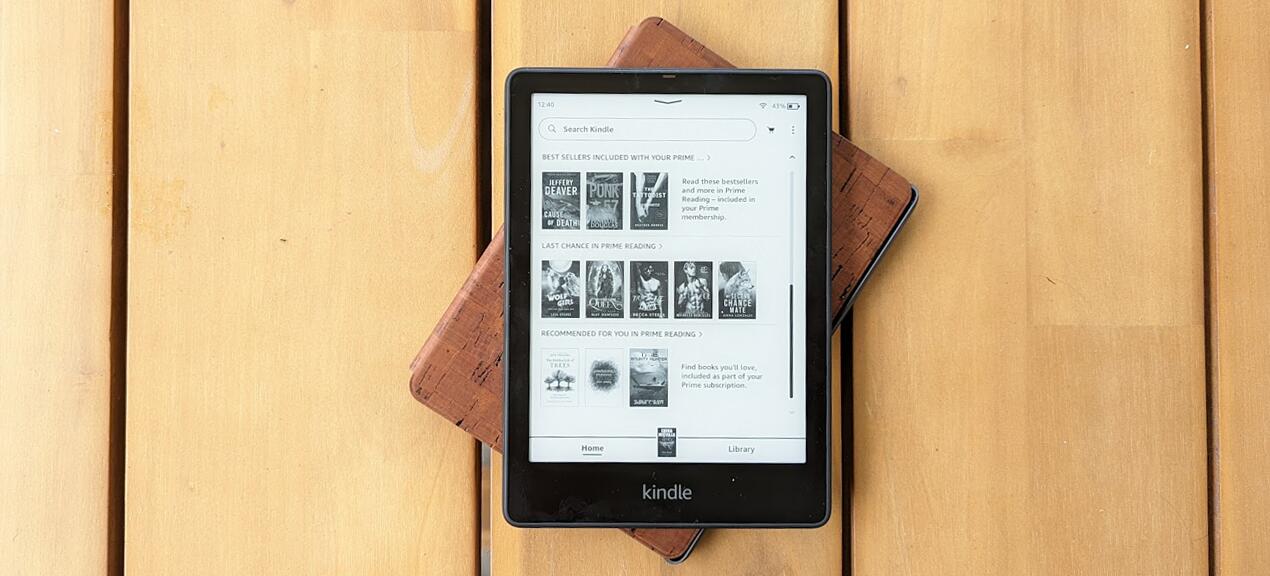Amazon sells Special Offers Editions or Amazon Kindle with Ads to subsidize the initial purchase and save customers around $20. Many first-time Kindle owners often go with the cheaper option, not knowing if they would use it to read enough, justify spending more money, or try to game the system to remove the ads for free. TikTok and other social media channels often encouraged Kindle owners to connect to the online customer service chat and try to convince them to remove them; if that agent refused, they would keep trying until an agent did it for them. Due to the videos and online tutorials teaching people how to do this, Amazon has forged a new policy. Customer service agents online and on the phone will no longer remove ads for free; they have to be paid.
Amazon has changed the policy of removing ads for free due to customers abusing it. Sometimes, agents would do it as a gesture of goodwill, but after a while, people expected it to be done for free. The expectation was primarily exasperated by this “hack” being posted on YouTube, TikTok, and Reddit. Due to the sheer number of people begging customer service to remove them for free, Amazon removed the ability for customer service agents to do it for free or take pity on someone. Everyone who wants to remove the ads must now pay through their Amazon account.
There are cases when it is hard to remove the ads at all. Sometimes, when you buy the e-reader secondhand in a country where Amazon does not officially operate, paying and removing the ads can be impossible. It is possible to buy a Kindle and deliver it through a third-party shipping service to a sanctioned country, where it isn’t even likely to access an Amazon account.
Suffice it to say that Amazon’s about-face in a significant change to its customer service, the Kindle Ads policy, should be very polarizing. There are people on one side of the fence who like getting something for free and others who have no problem paying the extra money to remove the ads or buy a Kindle with no ads.
Michael Kozlowski is the editor-in-chief at Good e-Reader and has written about audiobooks and e-readers for the past fifteen years. Newspapers and websites such as the CBC, CNET, Engadget, Huffington Post and the New York Times have picked up his articles. He Lives in Vancouver, British Columbia, Canada.

